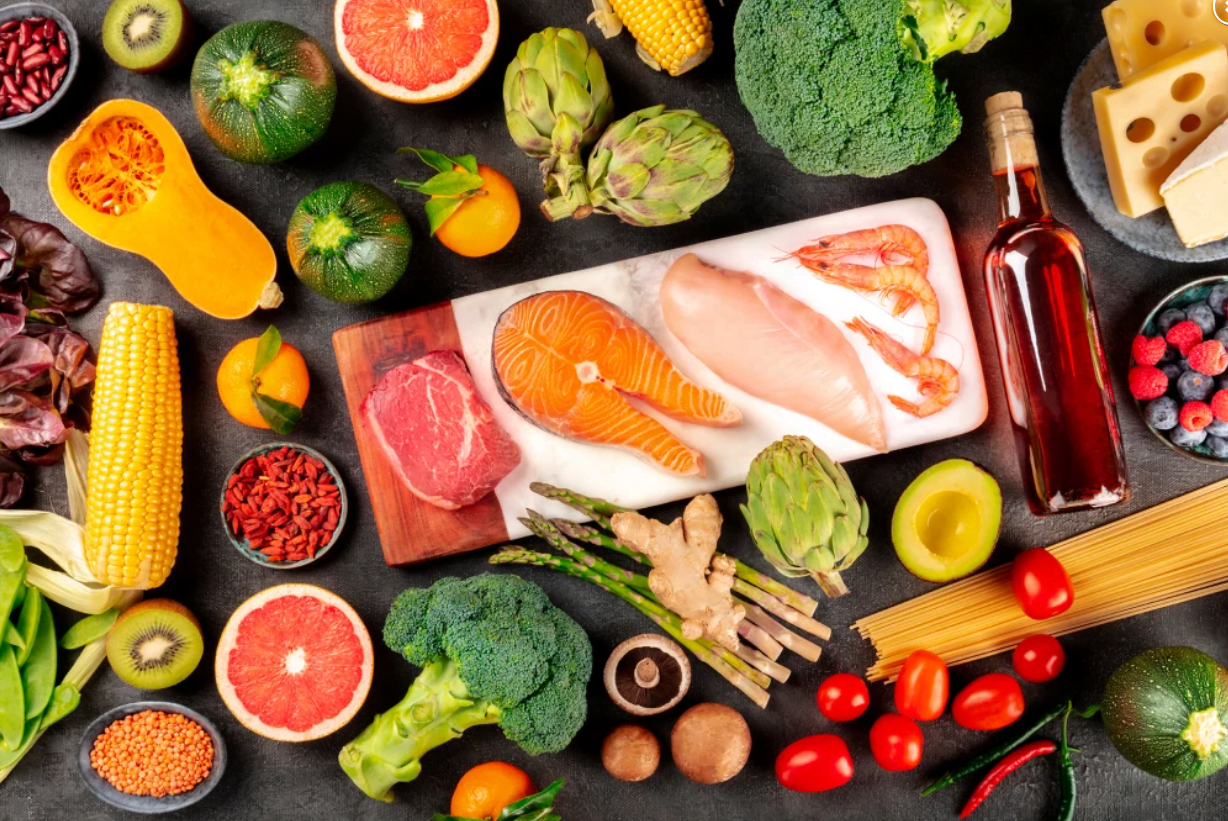These days people are too focused on getting lean and fit. One of the best diet plans that you must have heard of is known as the high-protein diet.

What is a high-protein diet?
It is a diet plan that encourages the intake of more protein and fewer amounts of carbs and fat. It boosts the weight loss process and also improves energy. In the long run, you will have an athletic performance by including a high-protein diet. Protein is one of the essential nutrients for your body. It is important for different body functions like regulation of hormones, enzymes, and repair and maintenance of cells.
High protein diets are not new. They have been here for centuries. People who lived in Arctic regions historically survived on marine life and caribou. In fact, Maasai warriors in Kenya are also traditionally known for surviving on animal blood, milk, and meat.
As per much research, diets that are high in protein can help women who are overweight in losing extra fat and retaining lean muscle mass. When you use food rich in protein, you will be able to reduce hunger, increase the level of satiety, boost your metabolic rate, and increase muscle mass. But, you should keep in mind that not every diet works for everyone. Thus, if the high-protein diet works for one person, it does not mean that it will work for you.
What can you eat as part of a high-protein diet?
In general, a high protein diet is one in which the total calories that you are receiving is from protein. This means eating fewer calories from carbohydrates and fats and keeping the total calorie in balance.
When you have chosen a high-protein diet, you will be happy to know that no food items are expressly forbidden. But, you need to include more lean proteins and fewer refined fats, carbohydrates, and sugar in your diet.
You don’t have to worry about meal-timing in case of a high-protein diet. Some people who are on a high-protein diet can also choose intermittent fasting to get maximum benefits. When you are following a high-protein diet, you need to pay attention to:
Include protein with every meal
Always plan your meal around protein-rich food that includes items like lean beef, chicken, pork, and fill the rest of the plate with boiled veggies.
Skip processed carbs
Instead of eating refined grains and carb sources like white rice, pasta, and bread, try to add whole grains like rice, pasta, and bread to your diet. Including small portions of grains with high protein constituents like quinoa and amaranth can also be a great option to track.
Snack on protein
When we snack, we tend to ignore what we are eating. If you are following a high-protein diet, try to include snacking options like Greek yogurt, hummus, string cheese, and hummus when the hunger pangs strike.
Start your day with protein.
It is also important to start your day with food items that are rich in protein. For example, try to focus on options like eggs, smoothies, and whey protein for your everyday breakfast.
Pros and cons of a high-protein diet
Like all other weight loss plans, the high-protein diet also comes up with its share of benefits and drawbacks. Following are the list of pros and cons that you should keep in mind:
Pros
Feel fuller for a longer duration
Including food rich in protein can help you stay fuller and satisfied for a long duration. Thus, it will help you with portion control as well as a reduction in calorie intake.
Build muscle mass
A strong body is one that performs better throughout the day. Thus, including a high-protein diet will also help you in building muscle mass.
Healthy food
When you have planned your meal by including lean sources of protein, you will have less space on your plate for other food items. Thus, you will have healthy food sources.
Cons
Possibility of nutrient deficiency
One of the biggest advantages of a high-protein diet is that it lacks dietary fiber, which may lead to constipation and other health issues. Getting an adequate amount of dietary fiber can help you in improving your colon health and reduce inflammation.
High-fat and processed food are encouraged.
Certain versions of high-protein diets like fatty cuts of beef, full-fat dairy, and processed meats can add an extra amount of fat to your diet. Thus, these are not the best choice when you are trying to have a balanced diet. In the long run, it can lead to different types of diseases related to the heart.
Too much protein bad for people with chronic disease
People who have chronic kidney disease should not follow a high-protein diet without consulting their doctor. The body converts extra protein into glucose, and it can cause a spike in blood sugar for people with diabetes.
We hope this article will help you in knowing every little detail about the high-protein diet.